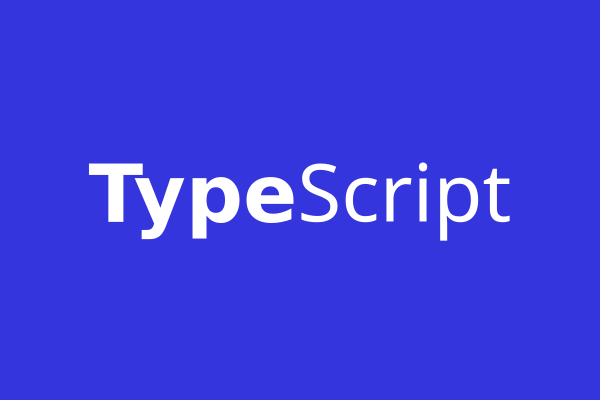India has long been a major player in global IT services, so it is natural that it has also become a leader in artificial intelligence (AI) research in recent years. According to experts, the majority of companies (around 80% according to Deloitte) are already working on autonomous, "agent-based" AI systems. These new technologies are creating challenges that could soon spread across the world. Demand for specialists with the right skills is growing sharply, while the current supply is not enough to meet the expected needs.
Agent-based AI is a type of artificial intelligence that can make decisions and take action without human supervision. In other words, these autonomous agents are designed to achieve specific goals and can perform various tasks independently within their environment. A practical example is a system that can solve complex business problems, analyze data, and make recommendations without human input – not just a simple chatbot or rule-based automation, but an intelligent, adaptive software agent. There is growing demand for such advanced systems, partly to improve efficiency, and they are rapidly spreading around the world, including in India.
However, a major obstacle to this growth is the shortage of skilled workers. A recent analysis shows that there are currently around 100,000 agent-based AI professionals in India, but the demand could reach nearly 200,000 by 2026. One reason is that only about 10–15% of India’s total AI workforce (around 650,000 people) has the specialized skills needed for advanced agent-based systems. The growing demand is partly due to an overall shift in the industry: companies are moving from basic automation to deploying autonomous AI agents, requiring specially trained engineers and designers. This trend is also fueled by a rise in investments across many sectors.
Wages have risen sharply due to the skills shortage. For example, agent-based AI developers with 2–5 years of experience earn an average annual salary of around Rs 2.5 million (about €27,000), significantly higher than traditional developer salaries. In mid-level management roles, salaries of Rs 8–20 million are not uncommon. Experience shows that the biggest shortage today is in architecture design (AI architects and engineers); most analysts, systems engineers, and developers currently work on general AI/ML tasks, so specialized "agentic" skills are still rare. This shortage is a barrier to overall technology development: for example, a Bain report estimates a gap of up to one million skilled professionals by 2027, and 44% of companies said a lack of in-house expertise is a major barrier to adopting generative AI.
The skills shortage is unfolding in a promising market with significant economic impact. Industry forecasts predict that the market for agent-based AI solutions could grow from $5.1 billion to $47.1 billion between 2024 and 2030. The technology has especially high growth potential in areas like self-driving vehicles, smart manufacturing, and healthcare, where autonomous AI systems could create new business opportunities and development paths. In the longer term, if the right knowledge becomes available, new applications such as intelligent customer service systems could reduce waiting times and improve service efficiency, indirectly boosting economic productivity and citizen satisfaction. A recent survey showed that 80% of Indian consumers already use AI-based tools for complaint handling or self-help systems, but they still spend billions of hours waiting in traditional customer service centers every year. Implementing agent-based AI in this area could reduce wait times by 30% and make better use of human labor, helping companies avoid customer loss and improve efficiency.
However, in the short term, the current shortage of skilled people could slow down innovation and create bottlenecks. Several studies have found that a lack of skilled workers is causing many companies to hesitate in moving toward new generative and autonomous AI solutions. On the other hand, if the skills gap can be closed, the economic benefits could be huge: several analyses suggest that India's tech sector could create millions of new jobs and achieve strong growth in the coming years.
There are already several efforts to address the skills shortage. The government and industry organizations are expanding education programs: for example, the IndiaAI FutureSkills initiative has introduced AI and machine learning studies at the university level and supports PhD students. Private companies are also offering training and internships: more and more companies are launching in-house AI training programs, and partnerships between universities and businesses are being encouraged. In addition, incentives for AI research are being offered: incubators and research centers are being supported, and competitive salaries and remote work opportunities are being used to attract international professionals to India. Examples from industry show the efforts: for instance, multinational company SAS recruits and mentors early-career employees at its R&D center in India through a network of university partners, and invests heavily in employee training and certification. This has helped reduce staff turnover to 3.2% – compared to an average turnover of around 20% in the broader IT sector.
Overall, India faces a twofold challenge: it must prepare for rapid technological progress and find ways to deal with the skills shortage. Experts say that the key is to promote education, retraining, and stronger international cooperation. If these efforts succeed, India can maintain its competitive edge in the global tech market and unlock the economic potential of agent-based AI. However, India's problem is not unique – similar trends are expected in other countries too, so for those currently working in programming, this could point the way forward.
























